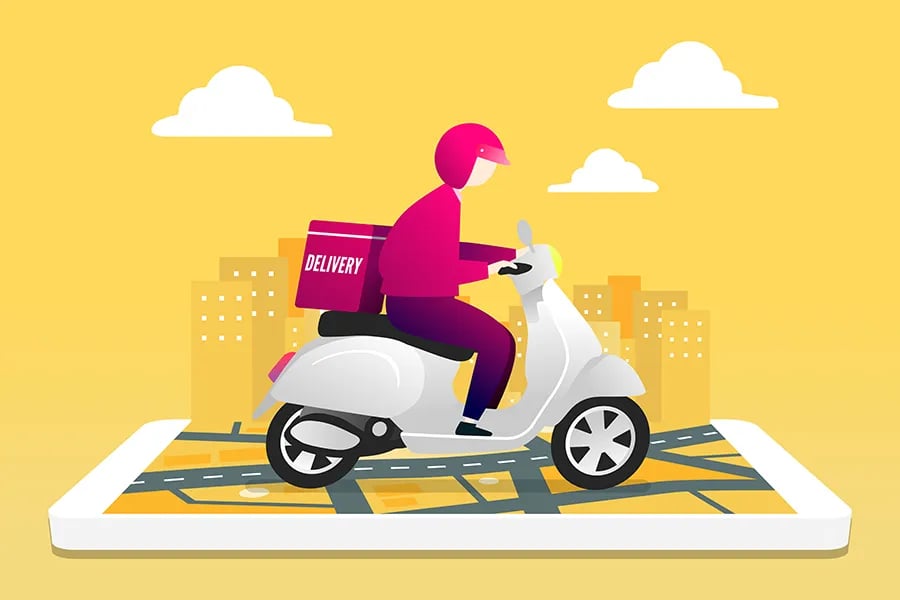The Dark Side of Quick Commerce: Is Speed Costing More Than Convenience?
Quick commerce apps like Zepto, Zomato, and Blinkit revolutionized the world's meal consumption but it is cursed with some sustainability problems, labor concerns, and financial viability concerns.
COMMUNITY


Introduction
Quick commerce apps like Zepto, Zomato, and Blinkit revolutionized the world's meal consumption and grocery shopping, with delivery in 10-30 minutes. The business has multiplied ten folds with instant gratification demands. Though the business model is convenient, it is cursed with some sustainability problems, labor concerns, and financial viability concerns. We at News Drishti have researched the unintended consequences of the quick commerce boom and its pitfalls.
Environmental Issues
The largest pitfall of the quick commerce business is the environmental cost. For ultra-fast delivery, these firms have a lot of motorbikes and small car fleet, which releases a massive amount of carbon emissions. Besides, single-use plastic packaging of grocery and food items cause ecological harm. Some firms like Zepto and Zomato have made commitments towards sustainability, but the value of such efforts is questionable. Experts tell News Drishti that until these firms switch to electric vehicles and have stricter packaging regulations, the quick commerce business will be an environmental debate.
Worker Exploitation and Labor Issues
Another worry is that working condition of delivery personnel. Delivery riders for quick-commerce apps must work in extreme pressure to deliver within unrealistic time limits. Most of them work under hazardous conditions, navigating heavy traffic and adverse weather conditions with minimum protection. There have been accidents reported due to high-speed delivery expectations.
According to data research by News Drishti, most of the workers in the business have no appropriate insurance and social security benefits. While some apps have implemented incentive-based pay, the overall work environment is demanding.
A delivery rider, speaking off the record with News Drishti, revealed, "We are allotted delivery slots that are practically impossible to achieve without violating traffic rules. The pressure is always on, and safety is a casualty."
Financial Sustainability Challenges
As aggressive as they have been growing, most quick commerce platforms are financially strained. Sustaining a large chain of dark stores, logistics, and offering deep discounts to shoppers is expensive. Most companies are therefore operating in the red. Industry experts who spoke with News Drishti believe that unless the companies balance cost and pricing strategy, the bubble of quick commerce bursts. The recent meltdown of some food delivery startups is an early warning of danger.
The Road Ahead
While quick commerce provides a great convenience, it is crucial to regulate the ethical and environmental implications of the model. A balance between speed, sustainability, and ethical labor practices is the secret to the success of the industry in the long run.
At News Drishti, we will continue to monitor the trends in this segment and provide in-depth coverage on how it affects consumers, businesses, and society. Keep watching for more insights into the shifting dynamics of quick commerce.
